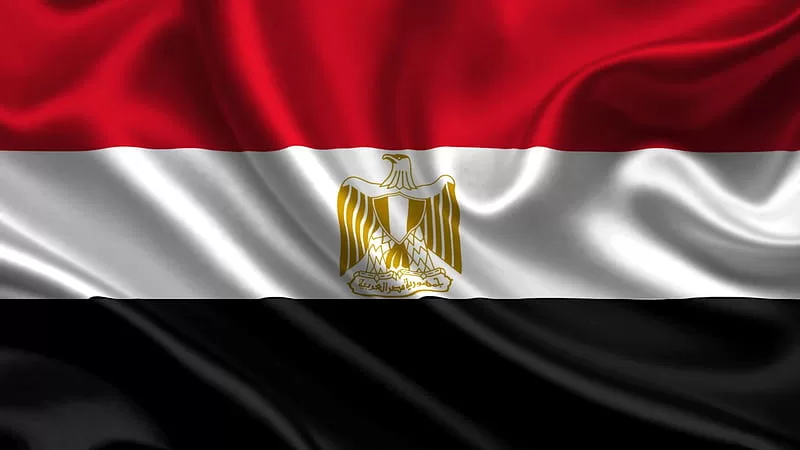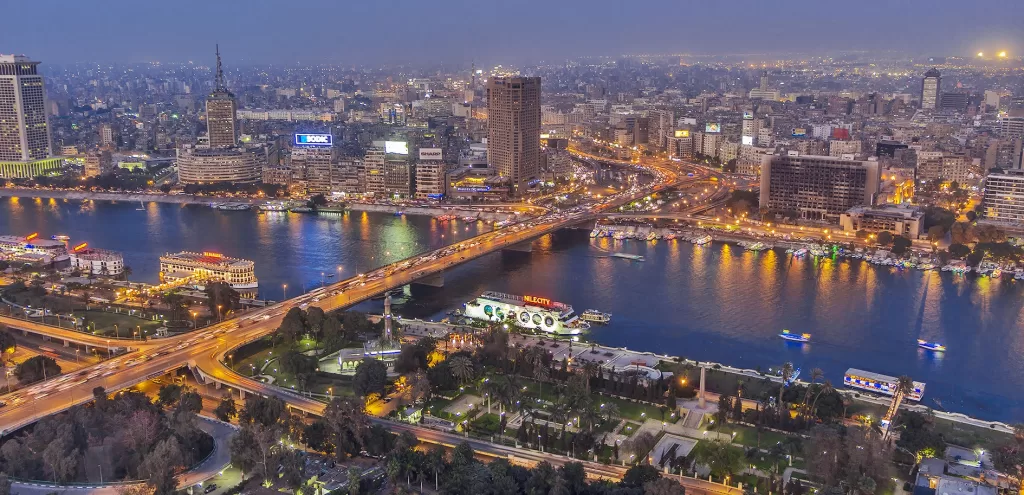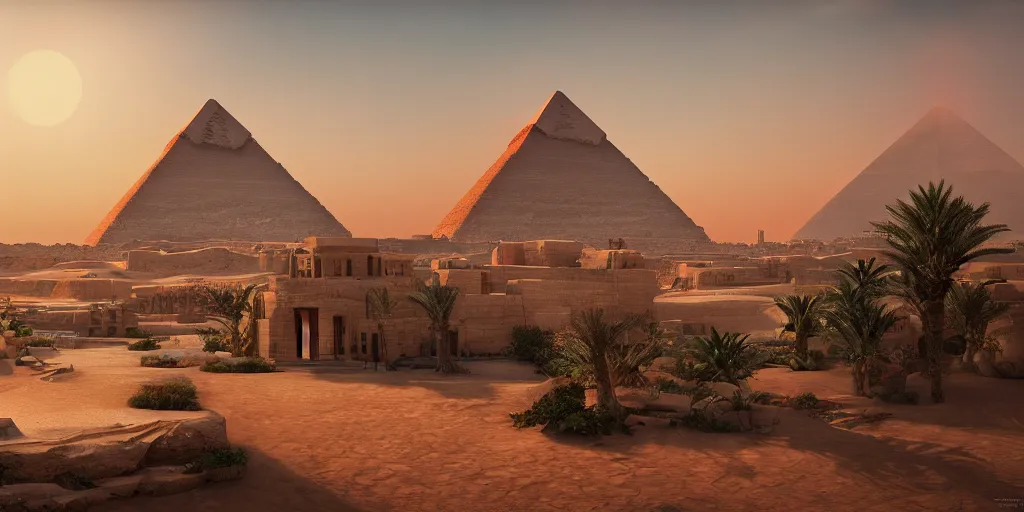Egypt Country Report

Egypt is a country located in North Africa and is known for its rich history, stunning ancient monuments, and vibrant culture. One of the most famous landmarks in Egypt is the Great Pyramids of Giza, which are among the Seven Wonders of the Ancient World. These pyramids, built as tombs for pharaohs, continue to awe visitors with their grandeur and architectural marvel. Egypt is also home to the iconic Nile River, the longest river in the world. The Nile has played a crucial role in the country’s history and continues to be a lifeline for agriculture and transportation.
Cairo, the capital city of Egypt, is a bustling metropolis that combines modernity with ancient treasures. The city is home to the Egyptian Museum, which houses a vast collection of artifacts, including the famous golden mask of Tutankhamun. In addition to its historical sites, Egypt offers beautiful coastal resorts along the Red Sea and the Mediterranean Sea, such as Sharm El-Sheikh and Alexandria, where visitors can enjoy stunning beaches and underwater adventures. Egyptian culture is deeply rooted in traditions and customs that have been passed down through generations. The country is known for its delicious cuisine, including dishes like koshari, falafel, and mahshi. Egyptian music and dance, such as the traditional folk dance called “belly dance,” are also an integral part of the culture.
Last updated: November 23, 2022
Security
. Egypt has taken significant measures to ensure the safety of both its residents and visitors. The government has implemented various security measures, particularly in tourist areas, to maintain a safe environment. Tourist attractions, hotels, and transportation infrastructure are often under heightened security to provide a sense of safety. However, it’s always important to stay informed and exercise caution, just like when traveling to any other destination. It’s recommended to stay updated on any travel advisories or warnings issued by your country’s foreign affairs department or embassy. It’s also a good idea to take common-sense precautions like avoiding large crowds, being aware of your surroundings, and following any local regulations or instructions.
Last updated: November 23, 202
Infrastructure

The infrastructure in Egypt has seen significant development over the years. The country has invested in various sectors, including transportation, energy, and telecommunications. Egypt has a well-developed road network that connects major cities and tourist destinations. The railway system is also extensive, providing both domestic and international travel options. In terms of energy infrastructure, Egypt has made strides in diversifying its sources and reducing dependency on fossil fuels. The country has invested in renewable energy projects, such as wind and solar power, to promote sustainability. The telecommunications sector in Egypt has also witnessed advancements. Mobile phone coverage is widely available, and internet access is increasingly accessible across the country.
Egyptian airports are generally inefficient but safe. The safety standards of Egyptian airlines are generally in line with international standards.
Intercity roads are generally in good condition, but unmarked surfaces and stray animals can cause accidents.
Public facilities are generally good, but access to water in rural areas can be difficult.
There is a growing concern about the threat of cyber attacks. Egypt is the most vulnerable country in the Middle East to malware, cyber theft, and information hacking.
Last updated: June 28, 2023
Environment

The environment in Egypt is diverse and unique. The country is known for its rich history and iconic landmarks, such as the Nile River, the Great Pyramids of Giza, and the Red Sea coastline. Egypt is home to various ecosystems, including deserts, coastal areas, and the fertile Nile Delta. However, Egypt also faces environmental challenges. Water scarcity is a significant concern, as the country heavily relies on the Nile River for irrigation and drinking water. Desertification and soil erosion are ongoing issues, particularly in the arid regions. Efforts are being made to promote sustainable agriculture and conservation practices to mitigate these challenges. Egypt is also known for its marine biodiversity, particularly in the Red Sea. The coral reefs and marine life attract divers and snorkelers from around the world. Conservation efforts are in place to protect these delicate ecosystems and preserve the natural beauty of the Red Sea.
Last updated: May 17, 2022
Health and Medical
The public healthcare system provides services at a lower cost, but it can sometimes be overcrowded and experience resource limitations. Private healthcare facilities, on the other hand, offer a higher level of service but at a higher cost. In terms of common diseases, Egypt faces challenges related to infectious diseases such as hepatitis, tuberculosis, and gastrointestinal illnesses. It’s important for travelers to ensure they are up to date with routine vaccinations and take necessary precautions, such as practicing good hygiene and drinking safe water.
Last updated: August 26, 2023
Political
Egypt operates under a presidential system, where the President serves as both the head of state and the head of government. The political landscape in Egypt has seen various changes and transitions over time. In recent years, there have been efforts to promote political stability and economic development. However, it’s important to note that discussions about politics can sometimes be sensitive, and it’s always a good idea to stay informed about current events from reliable sources.
Last updated: November 23, 2022















